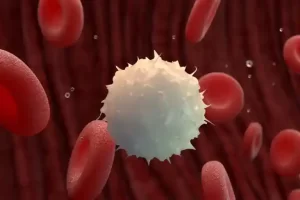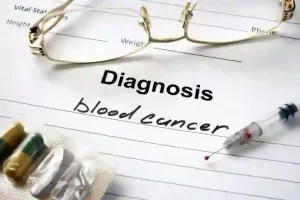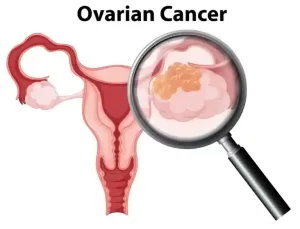
Colorectal Cancer Diagnosis, Treatment & Surgery
Colorectal cancer, depending on where it begins, is often called either colon or rectal cancer. Colorectal cancer starts in the colon or the rectum as a growth or polyps, which can further develop into cancer. However, it must be noted polyps usually do not show symptoms, and for this reason, doctors typically ask for several testing procedures such as biopsy, colonoscopy, etc. Once the doctors have the findings, they will discuss the treatment with the patient – the treatment goals and expectations. How is Colorectal Cancer Diagnosed? Colorectal cancer diagnosis takes place depending on the age and by considering some other factors such as the type of cancer, signs and symptoms, results of previous medical results, family and medical history of the patient, and many others. Here are some of the tests used to diagnose colorectal cancer, but not all tests are used for all the patients – In addition to the above tests mentioned, the doctors may ask the patient to get some other tests, such as biomarker testing to be done to identify specific genes, repair proteins, etc. How is Colorectal Cancer Treated? Treatment options for colorectal surgery depend on several factors, such as type and stage of the cancer, side effects, patient preference, and health condition. Hence, the patient needs to talk about all the possible factors before jumping to the conclusion of the treatment. Here are some of the most preferred treatments for colorectal cancer – Radiation Therapy Radiation therapy utilises high-energy X-rays to eliminate cancer cells and is most commonly used to kill rectal cancer cells. The procedure is carried out by a specialist known as a Radiation Oncologist. There are two types of radiation therapy – Chemotherapy During chemotherapy, the doctor uses drugs to destroy cancer cells by keeping them from multiplying and growing. This cancer treatment is usually done after the surgery to kill the remaining cancer cells. Sometimes, the doctor might give chemotherapy and radiation therapy before the surgery to shrink the size of the cancer. Targeted Therapy Before proceeding with the targeted therapy, the doctors usually perform several tests to identify the protein levels, genes, and the tissue environment that contribute to the growth of the cancer cells. Targeted therapy blocks the development of the cancer cells. Thus stopping them from spreading to other parts of the body. Also, this treatment limits damage to the healthy cells. Immunotherapy Immunotherapy uses the body’s natural defence to fight cancer by boosting immunity and its ability to fight cancer cells. Does Surgery Help in Treating Colorectal Cancer? Colorectal cancer surgery is one of the common treatments, as it completely removes the cancer cells. During surgery, the tumour is removed along with some healthy surrounding tissues. Here are some of the surgical options for colorectal cancer – Conclusion Colorectal cancer is treatable if diagnosed early. With so much technological advancement, it is now quite possible to treat cancer. If a patient has colorectal cancer, we advise you to go see a healthcare provider at Wockhardt Hospitals as soon as possible. The doctor will diagnose and chart out a treatment plan depending on the findings, and will also inform the patient of colorectal cancer treatment cost. FAQs on Colorectal Cancer Treatment in India Q. Does CA 125 detect colon cancer? Cancer antigen (CA-125) was initially believed to be a specific biomarker for ovarian cancer, but recently it has been found in the sera (blood) of patients with gastric, colorectal, and pancreatic adenocarcinomas. Q. What are the signs and symptoms of colorectal cancer? Here are a few symptoms of colorectal cancer – Sudden weight loss Blood in stool Irregular bowel movement Abdominal pain, aches, or cramps Q. What is the colon cancer treatment cost in India? The colon cancer treatment cost in India varies depending on the type of hospital, doctor’s expertise, technologies used, and many more factors. Therefore, it is important to discuss the cost with the doctors before you start with the treatment.




































